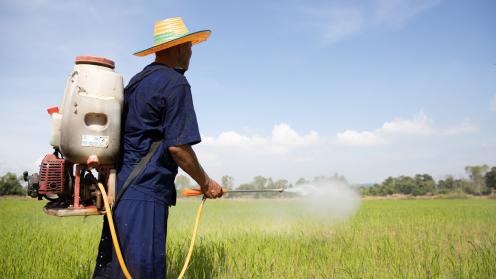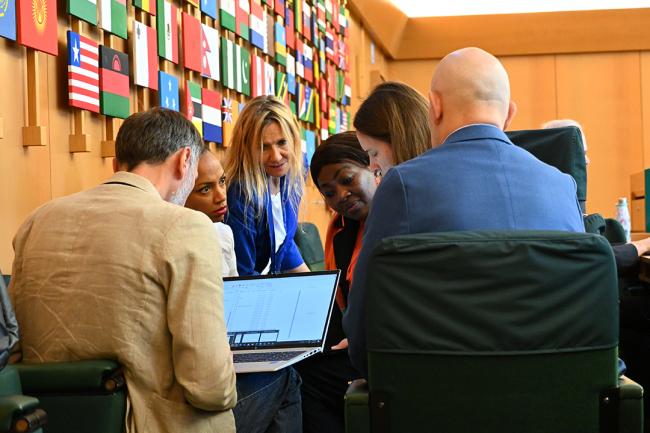Safely managing pesticides is a technical challenge compounded by the realities many developing countries face, including little information about the risks and how to manage them. And, if something goes wrong, the lack of poison control centers or trained medical staff can endanger health and the environment. These gaps also limit a government’s ability to learn of problems farmers face and, in turn, to share that with global bodies like the Chemical Review Committee (CRC).
Recognizing these challenges, the CRC agreed to review and rethink the information that it gathers from countries in the proposals for severely hazardous pesticide formulations (SHPF). It will seek to gather information it needs to determine if exposure to a pesticide formulation led to a significant health or environmental effect. But, members repeatedly cautioned not to be too prescriptive in the information required.
The CRC deferred its consideration of three SHPF proposals from Laos. It also will again take up notifications from Mozambique related to five pesticides at the next meeting. The CRC has considered these notifications at three different meetings. Next year, members will benefit from the information provided based on targeted questions they developed to answer their outstanding questions.






